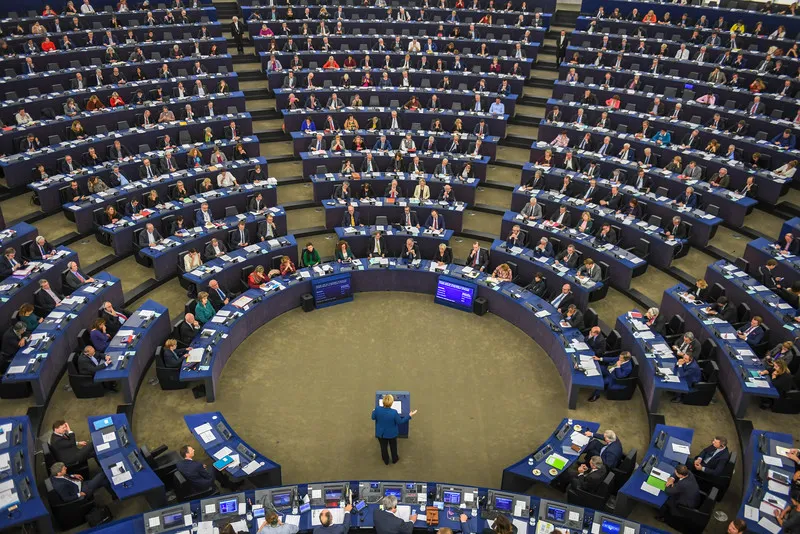Parliament Proposes Stricter Verification for Environmental Marketing Claims to Bolster Consumer Protection

|
Listen to this story:
|
- Companies should submit environmental marketing claims like “biodegradable” or “less polluting” for verification before being allowed to use them
- Simpler and common types of claims should benefit from easier or faster verification
- Penalties include exclusion from procurement processes, confiscation of revenues, and a fine of at least 4% of annual turnover
Parliament has adopted its position on establishing a verification and pre-approval system for environmental marketing claims to protect citizens from misleading ads.
The green claims directive would oblige companies to submit evidence about their environmental marketing claims before advertising products as “biodegradable”, “less polluting”, “water saving” or having “bio based content”. EU countries would have to assign verifiers to pre-approve the use of such claims, to protect buyers from unfounded and ambiguous advertising.
Deadlines, penalties and exemption for micro enterprises
Parliament wants claims and their evidence to be assessed within 30 days, but simpler claims and products could benefit from quicker or easier verification. Micro enterprises would not be covered by the new rules, and SMEs would have an extra year to be in compliance compared to larger businesses. Companies that break the rules may face penalties, for example they could be temporarily excluded from public procurement tenders, lose their revenues and face fines of at least at 4% of their annual turnover.
Carbon offsetting and removals
Green claims based solely on carbon offsetting schemes will remain banned. Companies could, however, mention offsetting and carbon removal schemes in their ads if they have already reduced their emissions as much as possible and use these schemes for residual emissions only. The carbon credits of the schemes must be certified and be of high integrity, such as those established under the Carbon Removals Certification Framework.
Parliament also decided that green claims about products containing hazardous substances should remain possible for now, but the Commission should assess in the near future whether they should be banned entirely.
Press conference
Both rapporteurs will hold a press conference on Tuesday after the vote, at 14.30 CET. More information available here.
Related Article: Honesty in Marketing: European Parliament Bans Unfounded Environmental Claims
Internal Market Committee rapporteur Andrus Ansip (Renew, EE) said: “Studies show that over 50% of environmental claims are vague, misleading or unfounded. We cannot speak about happy consumers if every other green claim is false. We cannot talk about a level playing field for our entrepreneurs while some traders are cheating. I believe the Green Claims Directive adopted today is balanced – it will bring clarity to our consumers and is less burdensome for traders than the claim-by-claim verification.”
Environment Committee rapporteur Cyrus Engerer (S&D, MT) said: “It is time to put an end to greenwashing. Our position ends the proliferation of misleading green claims that have deceived consumers for far too long. We will ensure businesses have the right tools to embrace genuine sustainability practices. European consumers want to make sustainable choices; all those offering products or services must guarantee their green claims are scientifically verified.”






